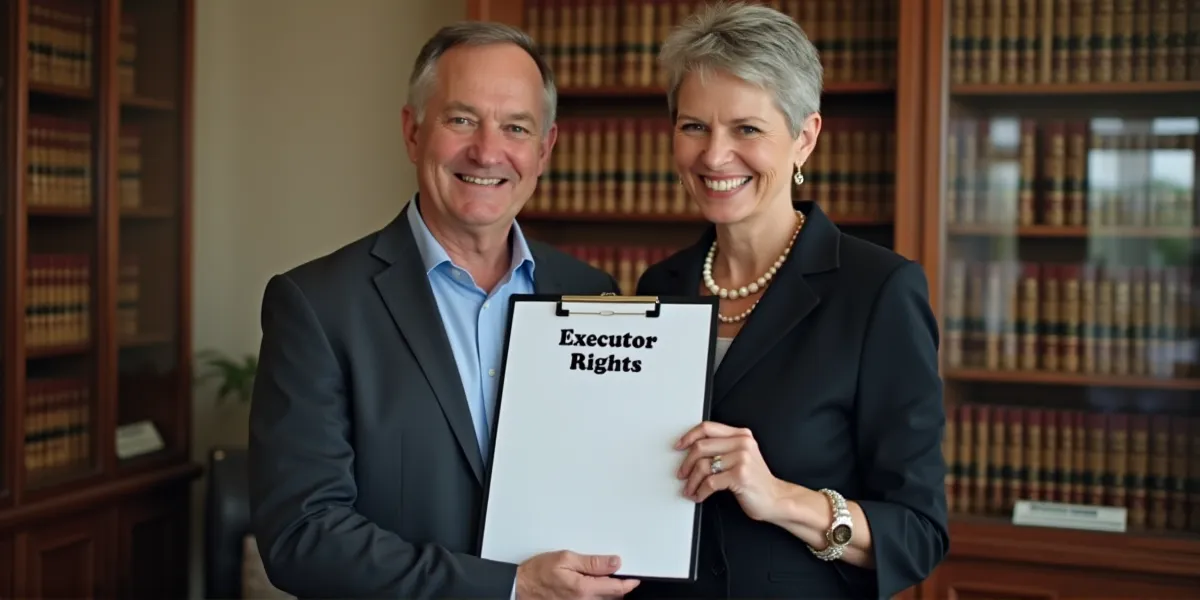In California, an executor does not have the authority to decide who gets what from an estate. The executor’s role is to carry out the instructions provided in the decedent’s will or, if no will exists, to distribute property according to California’s intestacy laws. Executors serve as fiduciaries under California Probate Code, meaning they must act in the best interest of the estate and follow the law rather than making personal decisions about inheritance.
 When a valid will exists, the executor must distribute assets exactly as directed. For example, if the will specifies that a child inherits the family home and another receives investment accounts, the executor cannot alter those instructions. Any deviation from the will’s terms would violate fiduciary duties and could lead to legal liability. Beneficiaries may petition the probate court if they believe the executor is acting improperly.
When a valid will exists, the executor must distribute assets exactly as directed. For example, if the will specifies that a child inherits the family home and another receives investment accounts, the executor cannot alter those instructions. Any deviation from the will’s terms would violate fiduciary duties and could lead to legal liability. Beneficiaries may petition the probate court if they believe the executor is acting improperly.
If the decedent dies without a will, California’s intestacy statutes determine how assets are divided. In these cases, the executor—appointed as administrator—still cannot choose who receives property. Instead, the estate is divided among heirs such as spouses, children, or other relatives based on a statutory formula. The executor’s job is to follow this legal distribution, not exercise personal discretion.
That said, executors do have limited decision-making power when handling estate property. For instance, they may need to decide which assets to sell in order to pay debts, taxes, or expenses. While they cannot change who ultimately inherits, they can influence how assets are liquidated and distributed in practical terms. All such decisions must be made in a fair and reasonable manner, subject to court approval when necessary.
| Situation | Executor’s Authority | California Rule |
|---|---|---|
| Valid Will Exists | Must follow will instructions | No discretion to change beneficiaries |
| No Will (Intestacy) | Distributes by statutory formula | Follows Probate Code intestacy laws |
| Paying Debts/Taxes | Can sell assets if needed | Court oversight often required |
| Managing Estate Property | Decides on administration details | Must act as fiduciary |
| Changing Beneficiaries | No authority | Would be breach of duty |
Another limitation is that executors must provide an accounting to the court and beneficiaries, detailing how assets were managed and distributed. This transparency ensures that they cannot make arbitrary decisions. If beneficiaries disagree with how the executor is handling the estate, they can request court intervention or even seek removal of the executor for misconduct.
In conclusion, an executor in California cannot decide who gets what. Their role is to follow the will or, in the absence of a will, the state’s intestacy laws. While they may make administrative decisions regarding debts, taxes, and property management, they must always act within the boundaries of the law and their fiduciary duties. For those creating an estate plan, clear and specific instructions in a will or trust are the best way to prevent misunderstandings and limit executor discretion.






